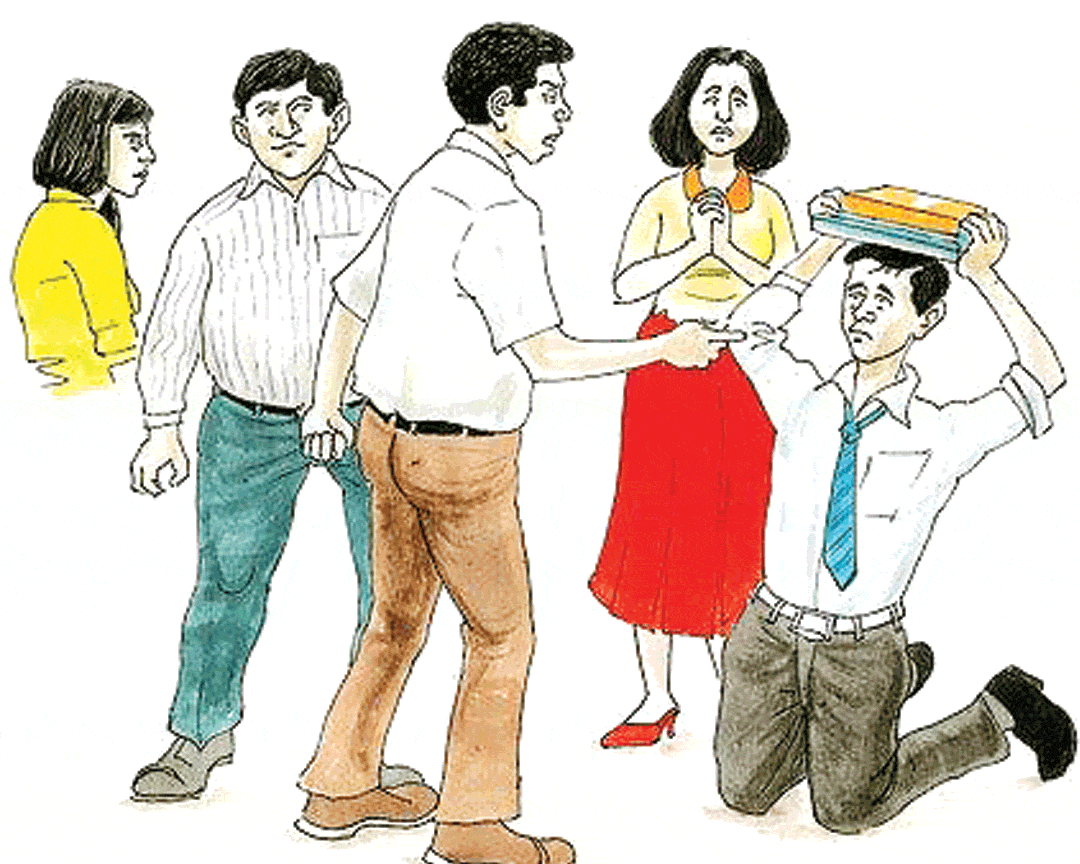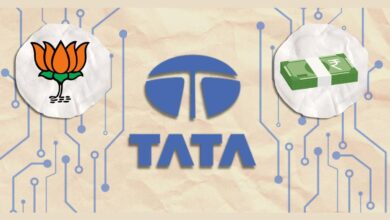Kerala: Where High Literacy Doesn’t Stop Low-Level Brutality

Brutal Ragging in India’s Most Literate State: Then What to Expect from Others?
Kerala is popularly known over the world as India’s most literate state, a region that takes great pride in its educational standards, advancement, and civilization. As with any other region, the people of this region too set certain standards which revolve around ok social interaction, courtesy, and mutual regard. However, things have changed for the worse recently. The single most shocking event of the despicable ragging that took place in Kerala, a state that is otherwise revered for its literacy and human development, shows that education is not integrated with humanity. And if things are this disturbing at a baseline educated location, then what can be expected from regions where educational and literacy achievements are far below par?
A story that sounds all too familiar.
It’s heartbreaking and all too predictable. 7 students from a Kerala college have been suspended after a first-year student was hospitalized due to allegations of extreme ragging. The details are upsetting. The details include hours of humiliation, abuse, and the type of physical and emotional trauma that leaves the poor soul with permanent scars. This isn’t just a prank gone too far. It’s a mirror to a deeper, more serious issue. In this context, ragging is not about playful initiation. Rather, it is about dominance, cruelty, and a deeply brutal tradition that has persisted in India’s educational temples for decades.

What Does Literacy Actually Mean?
Kerala’s high literacy rate has long been a source of pride, representing India’s potential. But, as this incident shows, literacy alone is insufficient. Being able to read and write does not guarantee empathy or kindness. It does not prevent people from using their positions of power to harm others. This incident forces us to consider what we really teach in our schools and colleges. If people who are supposed to be educated can engage in or tolerate such behavior, the concept of literacy as a symbol of progress is rendered hollow. It exposes the uncomfortable truth that education, as it stands, does not always result in a more compassionate society.
Ragging Is Tradition, That Needs To Change At Any Cost!
For too long, ragging has been romanticized in India. In movies, it’s often portrayed as a rite of passage, a lighthearted way to bond with seniors. Let’s start with the example of ‘our famous’ Kabir Singh- the way ‘Kabir kissed Preeti in their initial meets’ may sound ‘romantic’ on screen, but in real, this is highly ‘unacceptable’. One may have intimate exchange of acts, but definitely not at the first meet, atleast in unknown stage! But again, why blaming ‘Kabir Singh’ when ‘Animal‘ can cross all the lines of inhumane acts!!!

The recent case in Kerala reminds us that ragging can easily become a cover for abuse. It’s not about fostering camaraderie or helping newcomers adjust; it’s about establishing power through humiliation and pain. What happened here isn’t unique—it’s part of a larger pattern where cruelty is dressed up as tradition, and harassment is excused as “just something everyone goes through.” It’s long past time to call ragging what it truly is: a destructive practice that harms individuals and tarnishes the reputation of the institutions that allow it.
It’s not just a State issue, rather it’s a Nationwide problem!
Kerala’s tragic incident isn’t an outlier. Across India, stories of ragging emerge year after year—some with even more catastrophic consequences. From engineering colleges to medical schools, students have been subjected to dehumanizing treatment, physical assaults, and in the most tragic cases, driven to take their own lives.
Why there is consistent ragging- fearless students, lethargic laws, or political connections?
One may ask how ragging can be connected to political parties. But yes, it does. Such a case was the demise of Sidharthan, a 20-year-old student at the College of Veterinary and Animal Sciences in Pookode, Kerala’s Wayanad district, a year ago. Members of the college’s powerful student union, which is linked with Kerala’s governing regime, reportedly dragged him for months.
Victims are often afraid to report since student organisations, like trade unions, wield authority in Kerala. Vice-chancellors are rarely perceived as opposing the powers that be in universities’ highly politicised environment. In the majority of situations, impunity prevails. It’s no surprise that college newcomers, who are still in their teens, choose to endure the pain even when their lives are at jeopardy. Despite the frequency of “ragging” in Kerala institutions, it has not been particularly violent in the past. The state also passed a legislation against “ragging”. Nonetheless, college officials frequently turn a blind eye out of fear and political bias.

The national anti-ragging hotline fields thousands of complaints annually. Yet, despite laws and regulations, enforcement remains inconsistent. While some colleges take swift action, many others turn a blind eye, writing off complaints as exaggerations or dismissing them with a “boys will be boys” attitude.
What We Demad To Change?
How come a city of literature and achievements generates such people whose violence against their fellow students shocks the whole planet? If Kerala, with its progressive history and 100% literacy rate, can’t stop this brutal act of ragging, then, what can we expect from the rest of the country? This isn’t just a matter of writing stricter laws or issuing stern warnings, rather it requires a cultural shift. Ending ragging means fundamentally changing how we think about power, inclusion, and respect.
From an early age, students need to learn that leadership isn’t about coercion. Inclusion should never come through intimidation. And the students around them are peers, not targets. Parents, teachers, and alumni need to actively speak out against ragging. Only when the entire community rejects this practice can we hope to see meaningful change.
Not Just a Kerala Problem
While this particular case took place in India’s most literate state, it’s a reflection of a nationwide issue. The problem is not just that ragging happens; it’s that in many places, it’s allowed to continue hidden, and in severe cases, could lead to suicide attempts as seen in another case of ‘Nepali student suicide in Odisha‘. Every region, every institution must look inward and acknowledge that this problem exists. The principles we instill in our educational system as a whole are more important than any one college or state. To establish campuses where students feel valued, protected, and supported, governments, college administrations, student organizations, and alumni networks must collaborate.
At the end…
This goes beyond merely denouncing the events in Kerala. Making sure that these occurrences don’t happen again is the goal. Test results and reading rates shouldn’t be the only indicators of literacy, education, and advancement. They ought to bring about a society in which individuals treat one another with respect and decency. We are currently failing that test. We have to perform better.

Beyond praising reading statistics, we must begin fostering an environment where all students can study and develop fearlessly if we are to see real change. This entails preventing situations via compassion, responsibility, and education in addition to dealing with them when they occur. We won’t be able to claim to be genuinely creating a better future until then.




